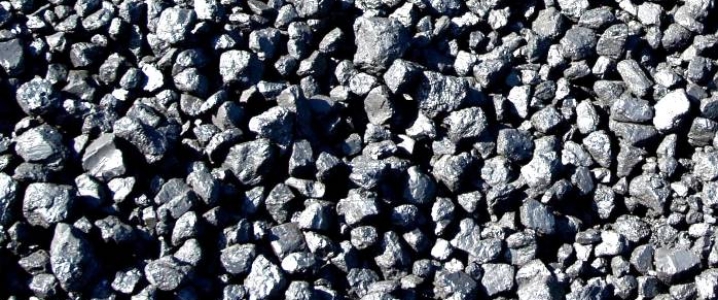Say what you will about Donald Trump, but he has been keeping his promises. He promised to revive the fossil fuel industry and he has been doing his best—as he sees it—to do just that. More acreage open for lease sales for oil and gas exploration, a roll-back of environmental regulation to stimulate a revival in coal, and the import tariffs on solar panels are a few of the steps the President has taken in this direction. And yet, coal plants are getting retired at a faster pace than before. How come?
The problem of coal is a very basic market forces problem. Coal has simply lost its competitiveness against natural gas and increasingly cheaper solar and wind. No amount of pro-coal legislation can fix that—at least not without doing some major damage to the gas and renewables industries, which is hardly something Washington wants.
Forbes’ Jeff McMahon reports estimates by analysts of coal plant capacity retirement that do not bode well for this segment of the fossil fuel industry. IHS Markit’s Max Cohen, for example, sees 100 GW of coal capacity retired over the next decade. Navigant is more cautions, expecting 73 GW of coal capacity to be retired in the period. MAKE Consulting is in the middle, forecasting the retirement of 80-90 GW of coal capacity in the coming decade.
In 2016, utilities retired or converted to natural gas some 13 GW of coal generation, and last May Reuters reported they planned to shut down or convert another 8 GW. By the end of the year, however, the retired coal generation capacity hit 22 GW, or 27 plants. The economics of coal has simply become unattractive.
Related: Is The Golden Era For Renewables Around The Corner?
So, the demise of coal is merely a matter of time, and it seems unstoppable despite efforts by the Department of Energy to support the crumbling segment. The latest here was Secretary of Energy Rick Perry’s call for modular coal projects “that provide stable power generation with operational flexibility, high efficiency, and low emissions.”
Stability of power generation was what kept coal going in the face of oncoming—still expensive at the time—renewables traffic. But then the shale revolution unearthed billions upon billions of cubic feet of cheap natural gas—this was the beginning of the end for coal. What’s more, gas has the additional attraction of lower carbon emissions, even though the U.S. emissions total has not changed much as gas replaces coal because of the sheer amount of new gas capacity that is being brought online.
Now renewables are becoming cheaper, too, and energy storage is about to solve the problem of intermittent solar and wind generation, leaving coal on the ropes it would seem. The EIA in its latest Short-Term Energy Outlook forecasts that coal production will fall by 3 percent to 751 million tons this year as a result of a 4-percent decline in local demand, most of it coming from the power generation sector. But exports will also decline, by 9 percent.
The demise of coal is slow, but it seems unstoppable. There is just nothing working for coal, except perhaps clean coal technologies, which are, alas, too expensive for the time being to have a chance at competing with gas and renewables.
By Irina Slav for Oilprice.com
More Top Reads From Oilprice.com:
- Who Was Buying Iranian Oil And What Happens Next?
- Goldman: Oil Prices To Hit $82.50 By The Summer
- Energy Storage Gains Washington’s Support



















On a gas fired power plant, if the gas pipeline shuts down, the power plant also goes down. Kind of scary for a belts and suspenders guy like me.
Just a thought.
Change will hit much faster than most people think.
Once you understand that, you see in in the wild. See in the news.
You see so many companies competing. It becomes a race to bigger, cheaper and more powerful.
One side benefit of lower energy prices is lower general inflation. That is confusing economists. Usually an expanding economy results in inflation. It's slower than they think it would.
They were counting on China and India to increase their coal usage, but they are both investing big time into RE.
I think that 100GW of coal demand closures over the next is pessimistic. I think it will be well north of that, at least double. And, as more coal closes it will lead to even more closing.
I don't understand the issue: if wind, gas and solar is cheaper - so be it! Let the free market decide! Don't interfere with dying coal. It is not good for the US economy, for US jobs and for the future competitiveness of the economy.
Why does the government (and the Republicans nonetheless!) pick winners & losers only because coal looks like a loser now?!?